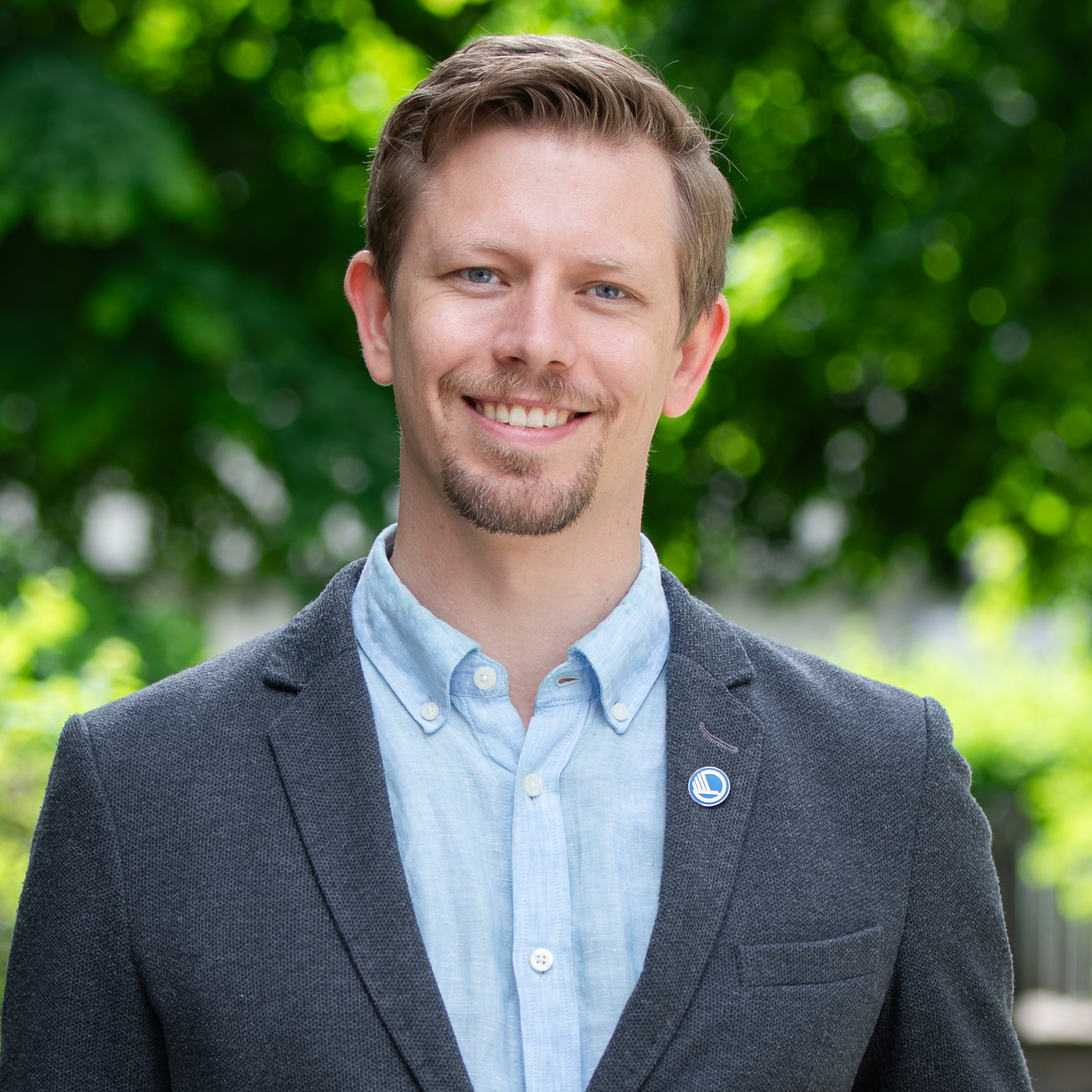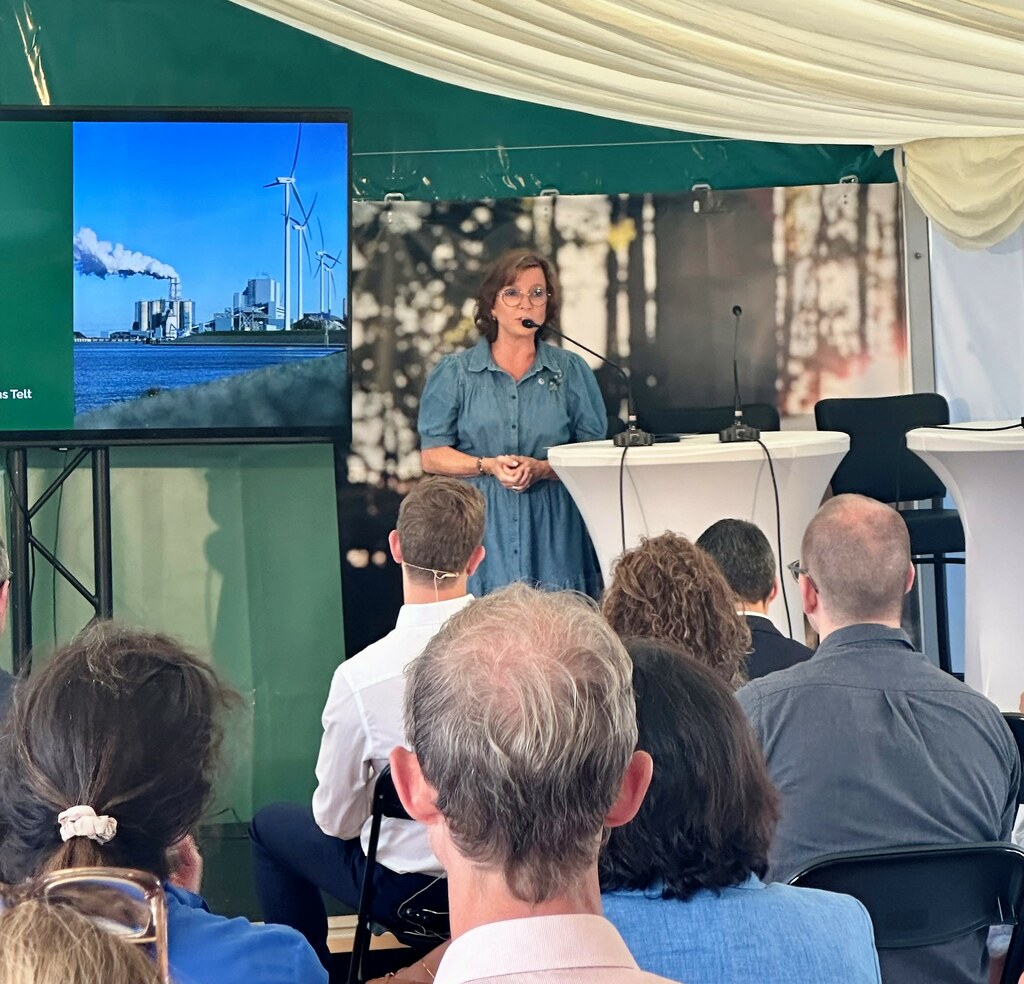
All-embracing energy debates at Arendalsuka 2023
On 16 and 17 August, Nordic Energy Research and the Nordic Council of Ministers co-organized two events at Norway’s largest political gathering – Arendalsuka (Arendal Week). The events took place…
On 16 and 17 August, Nordic Energy Research and the Nordic Council of Ministers co-organized two events at Norway’s largest political gathering – Arendalsuka (Arendal Week). The events took place in the Nordic Tent – a venue that acted as a great example of Nordic cooperation.
The first event, “Kraftkrise – har Norden løsningene?” (Energy crisis – do the Nordics have the solutions?) was opened by Karen Ellemann, Secretary General of the Nordic Council of Ministers, who highlighted the Nordic region’s ability to take action.

“The energy crisis has showed how valuable Nordic cooperation is. This has made us stronger than ever – now, it is important to continue the development of our cooperation. Nordic countries are great exporters of green technology and knowledge, and we must have optimism. This will speed up the green transition,” said Ellemann.
Ellemann’s speech was followed by a presentation by Nordic Energy Research COO Kevin Johnsen, on the results and experiences from the report The Nordic Energy Trilemma – Security of Supply, Prices and Just Transition. He pointed out that the Nordic energy cooperation is one of the most successful areas of cooperation in the Nordic region, and mentioned two aspects that are part of the solutions for achieving a secure, affordable, and just energy transition.
“We must ensure a competent workforce, though long-term plans on how to build up competence, and we must ensure social acceptance for the necessary changes,” said Johnsen.
Inclusive approaches
With reference to the conclusions from the Nordic Energy Trilemma report, discussions ensued between panelists Pablo Barrera, Chief Executive Officer at Haugaland Kraft, Einar Wilhelmsen, Vice Mayor for Finance in the City of Oslo, Kathrine Tveiterås, Prorector at The Arctic University of Norway (UiT) and Deputy Chairperson at Troms Kraft, Henrik Sætness, EVP Corporate Staff at Statkraft, and Elisabeth Sæther, State Secretary in the Norwegian Ministry of Petroleum and Energy.
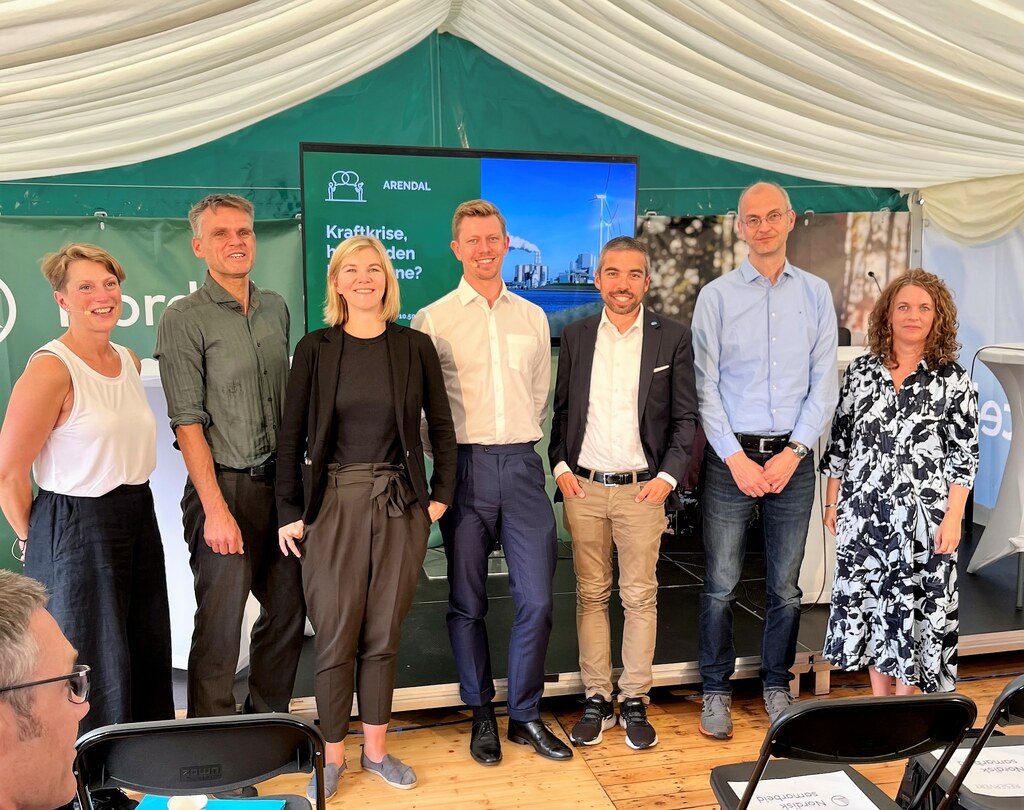
They addressed the importance of the Nordic energy market and energy co-operation, as well as the role of both public and political support. According to Tveiterås, “it is important to think holistically, rather than taking one thing at the time, one sector at the time.”
Wilhemsen did also note the necessity of observing the bigger picture in the energy debate, in relation to nature.
“More energy often entails massive interventions in our already very sensitive nature, which none of us want,” said Wilhemsen. “Also, it is worth to invest more in solar power and energy efficiency – if we encourage people to put solar cells on their roofs, they feel ownership and part of the energy development. No one can take on the challenge alone – and we stand stronger together.”
The notes made about holistic and inclusive thinking at Nordic Energy Research’s first event recurred as the theme in the second event, “Sameksistens – samtalene vi må ta!” (Coexistence – the talks we need to have!). Astrid Bratli, Adviser at Nordic Energy Research, started off the session by sharing the results from the report Coexistence and nature-inclusive design in Nordic offshore wind farms. This report proposes nature inclusive design as a tool for integrating coexistence right from the beginning when developing offshore wind farms in the Nordic region.
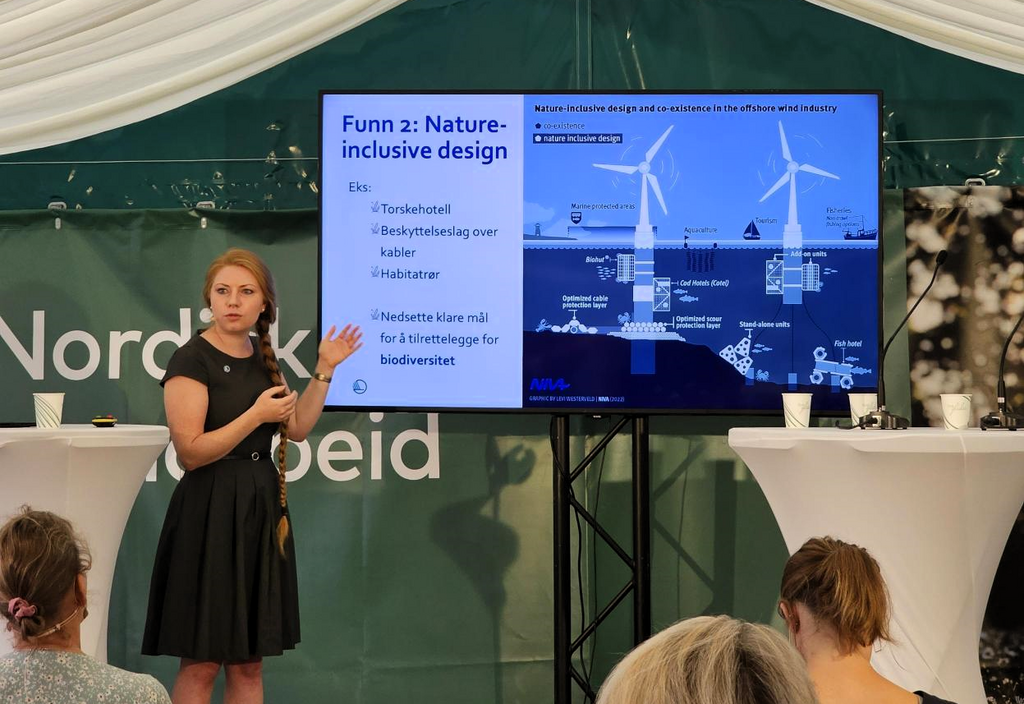
After Astrid’s presentation, a panel debate followed with Elisabeth Sæther, State Secretary in the Norwegian Ministry of Petroleum and Energy, Kathrine Fog, Head of Corporate Strategy & Analysis, Hydro, Aaja Chemnitz Larsen, member of the Danish Folketing, Karoline Andaur, CEO of WWF Norway, Åslaug Haga, Administrative Director at Fornybar Norge, and Une Bastholm, Member of Parliament, the Norwegian Green Party, who agreed that coexistence requires collective action and that the solutions lie in good relations.
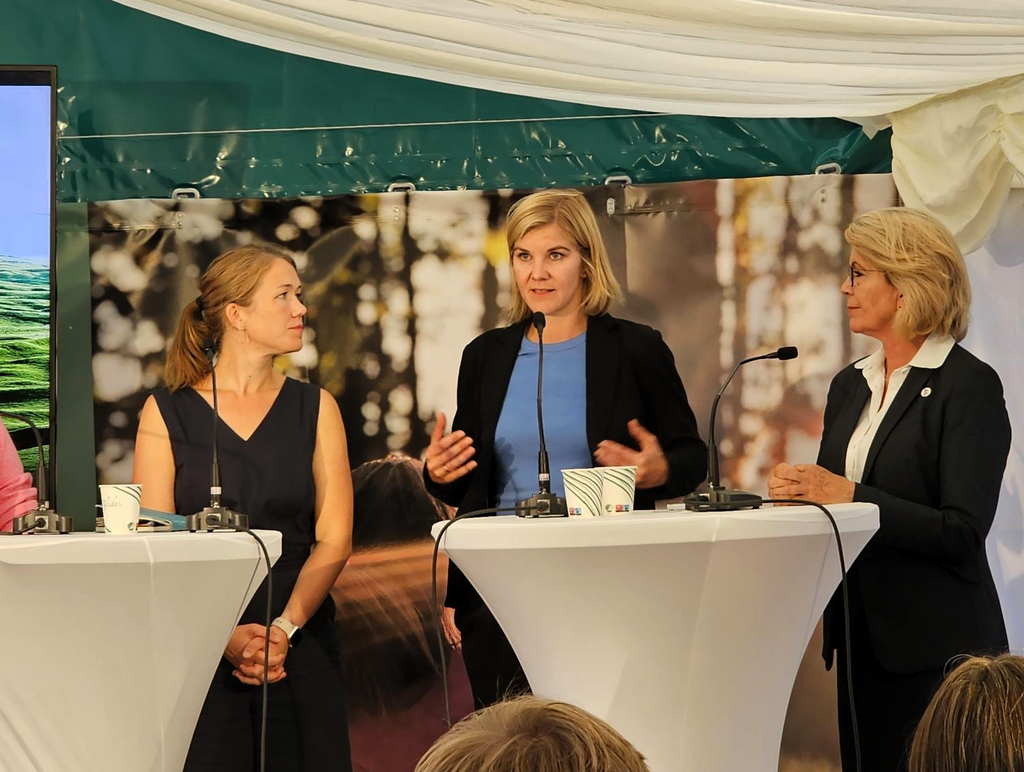
Nordic Energy Research would like to thank everyone for adding to the success of the Arendalsuka events by participating!

